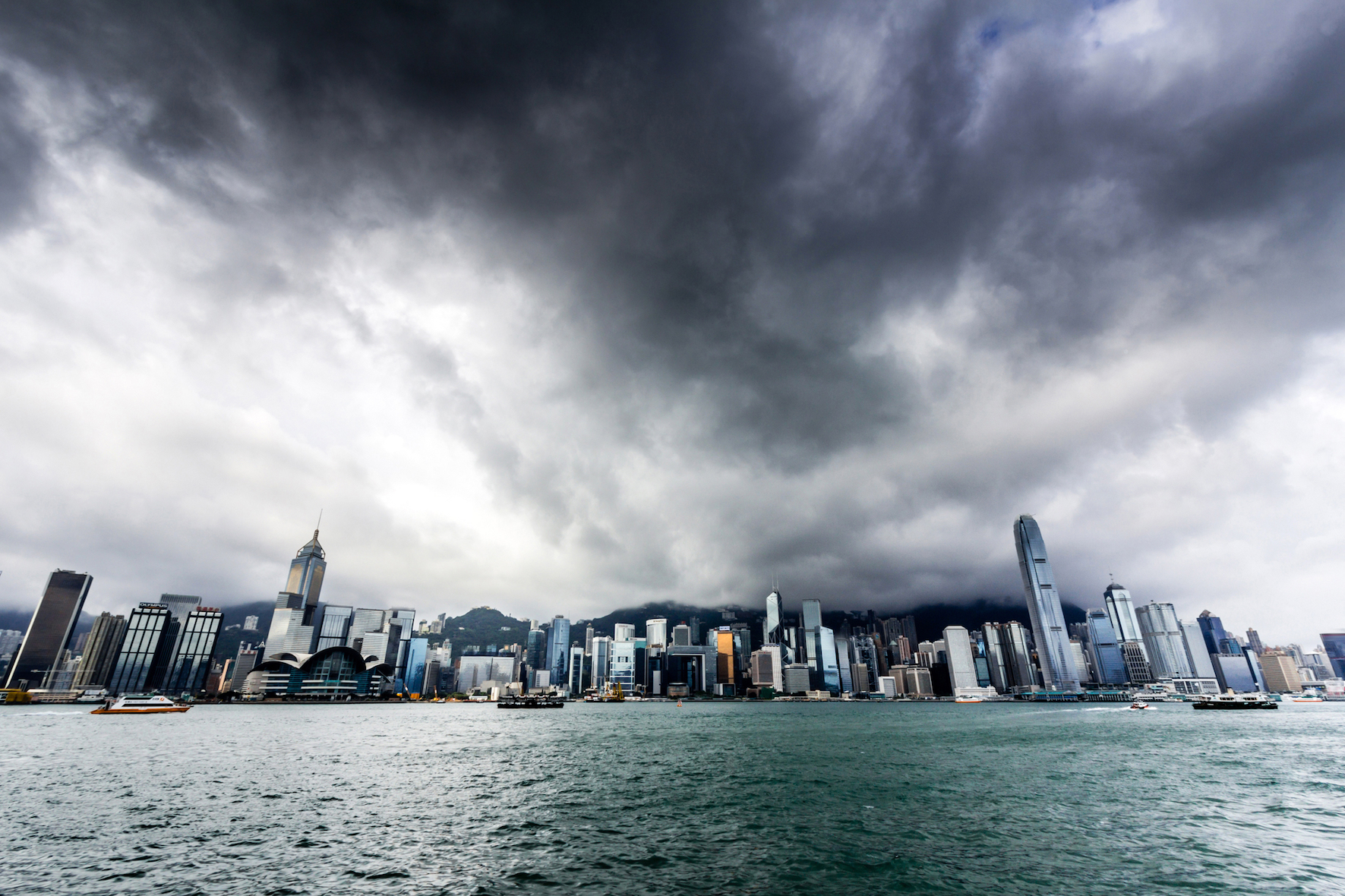
Tropical cyclones have a major influence on air quality in Asia
Air quality is an issue that is demanding increasing attention from both public and scientific communities across the globe. Air quality is obviously affected by pollution, but is also largely influenced by weather conditions such as wind, temperature, humidity, and rainfall.
Researchers at the Chinese Academy of Sciences are describing how tropical cyclones (TCs) have a major impact on the air quality in Hong Kong. To investigate this association, the experts used 16 years of global meteorological data, local pollutant concentrations, and tropical cyclone data.
The team analyzed how the different locations of TCs impact pollution levels, including east of Hong Kong near Taiwan, southeast of Hong Kong, and south or west of Hong Kong. The researchers found that the air pollution level in Hong Kong is primarily influenced by these various locations.
The experts also determined that PM10 particulate matter pollution and ozone pollution in Hong Kong are not affected in the same way by tropical cyclones.
“Northerly wind is dominant when TCs are located east of Hong Kong near Taiwan, with the concentration of PM10 generally reaching serious levels of pollution,” explained co-author Dr. Eric C.H. Chow.
“When TCs are located southeast of Hong Kong, the concentration is generally high, associated with northeasterly coastal wind. And when TCs are south or west of Hong Kong, the wind direction is generally easterly and the air quality generally good.”
Study co-author Dr. Richard C. Y. Li pointed out that tropical cyclones are one of the strongest forms of atmospheric convective activity. While the landfall and subsequent rainfall of TCs favor the dispersion of pollutants, the descending motion in the outer periphery of TCs favor the accumulation of pollutants.
Study co-author Wen Zhou is an associate professor at the City University of Hong Kong.
“When a TC is located southwest of Taiwan, the descending motion moves to the north of Hong Kong, as compared to the presence of a TC over Taiwan, reducing the deposition of ozone and its precursors from remote coastal regions,” explained Professor Zhou.
The research is published in the journal Advances in Atmospheric Sciences.
—
By Chrissy Sexton, Earth.com Staff Writer













